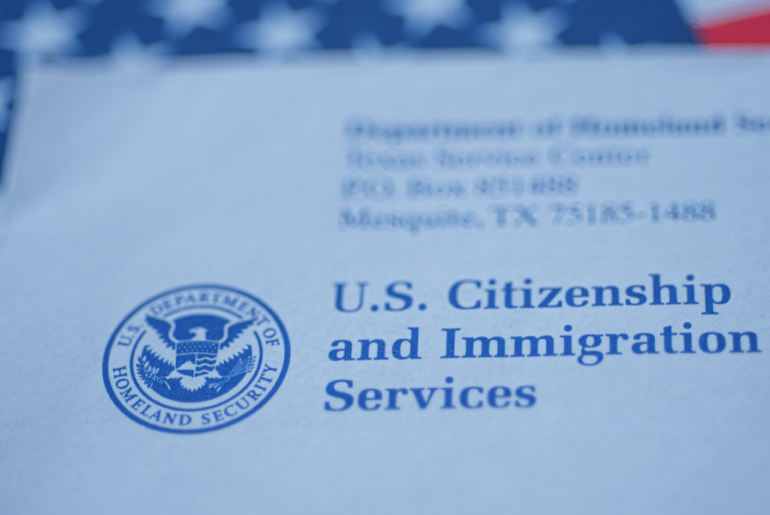Advance Parole (AP) is a travel document that allows certain immigrants living in the United States to depart and reenter the country after traveling abroad temporarily. Advance Parole requests are reviewed and granted by the U.S. Citizenship and Immigration Services (USCIS).
Keep in mind that not everyone can apply for this travel document, and on several occasions, they are not approved. Individuals interested in applying for Advance Parole should contact a trusted immigration attorney or Department of Justice (DOJ) accredited representative to receive a consultation and help with submitting their Advance Parole request. Visit https://bit.ly/3LoxaUQ to find a trusted legal service provider in your area!
This article will answer some of the most common questions about Advance Parole:
- What is Advance Parole?
- Who is Eligible to Apply for Advance Parole?
- How to Apply for Advance Parole?
- What Happens If My Advance Parole Case is Denied?
What is Advance Parole?
Advance Parole (AP) is a travel document issued by the U.S. Citizenship and Immigration Services (USCIS) that allows certain immigrants to travel outside of the United States and return lawfully.
Who is Eligible to Apply for Advance Parole?
Advance Parole is an option for people who are not citizens and live in the U.S. This may include those with the following immigration status: Deferred Action for Childhood Arrivals (DACA) recipients, Temporary Protected Status (TPS), or a pending green card. In this article, we will discuss Advance Parole for DACA recipients.
How to Apply for Advance Parole?
Step 1: Identify why you need to apply for Advance Parole.
DACA recipients can only travel for humanitarian, educational, or employment purposes. A few examples include, but are not limited to, visiting sick relatives, seeking medical treatment, studying abroad, attending a conference for work, or so on.
Step 2: Complete the necessary forms.
Fill out the Advance Parole application: USCIS Form I-131 and read the instructions carefully! Write in your reason for travel, as well as the dates you wish to travel.
Step 3: Gather evidence supporting your purpose of travel.
You must prove that you need this trip. This evidence can include medical records, acceptance for studying abroad, a letter from the employer, and so on (see example chart). Please note that any document in a foreign language needs to be translated to English and certified.
Step 4: Assemble the packet.
Gather your completed Form I-131, evidence supporting your purpose of travel, a copy of your most recent DACA Approval Notice and Employment Authorization Document, two passport-sized photos, a copy of your current passport, and the $575 filing fee via money order made payable to the “Department of Homeland Security”.
Step 5: Mail out the packet.
You can submit your complete Form I-131 and supporting documents to USCIS by mail. You can find the specific direct filing address to use by visiting the USCIS.gov website and clicking on the “Consideration of Deferred Action for Childhood Arrivals” subheading.
What Happens if my Advance Parole Application is Denied?
If you are not approved for Advance Parole, USCIS will not take any further action with your case, and you will lose the $575 filing fee.

